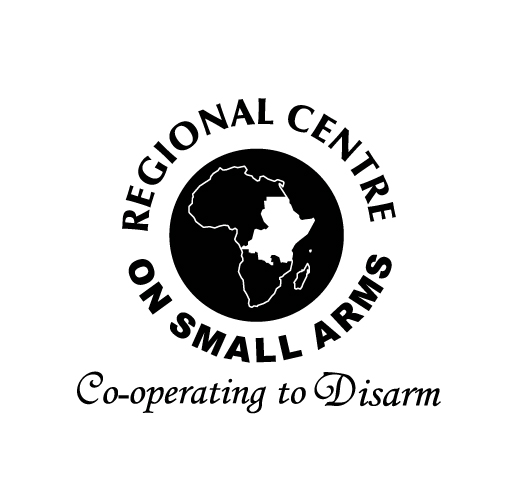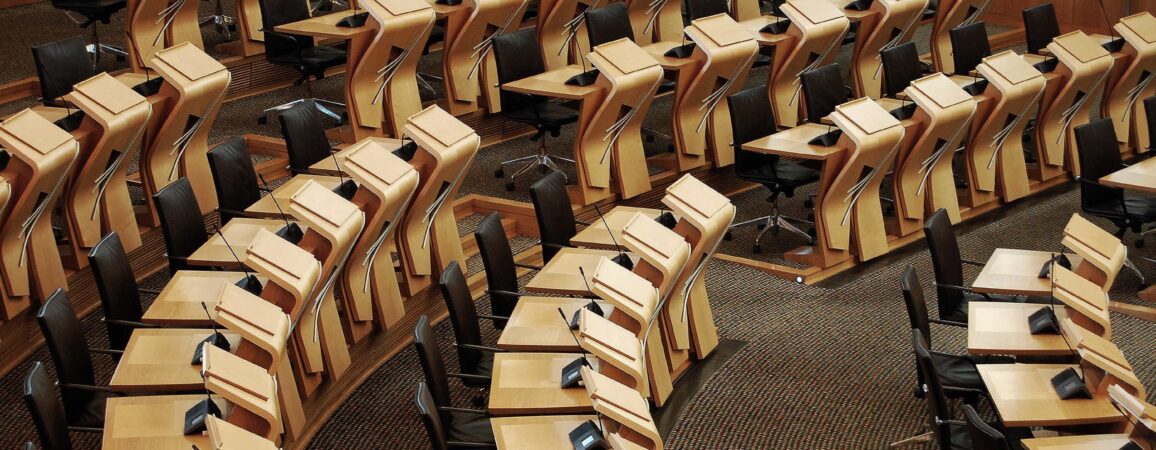The persisting proliferation of illicit small arms and light weapons (SALW) in the RECSA region continues to cause not only the loss of millions of lives but also millions of dollars in lost development opportunities. In 2000 some RECSA member states signed the
Nairobi Declaration of 2000 on the problem of the illicit proliferation of SALW in the Great Lakes Region to address SALW proliferation.
Subsequently, some Member States went ahead to establish National Focal Points (NFPs) while others were established following the Nairobi Protocol which came into force in 2004. Others are yet to do so.
The process of establishing the NFPs has been unstructured, without clear guidelines, resulting into different modes of operation, placement,
names, and staffing. On the other hand, member states have chosen different structures: full-fledged Commissions or Directorate or simply a Desk in the Ministry of Internal Affairs or Police. All this has affected the capacity of the respective Member States to implement their obligations pertaining to regional and international SALW instruments that they are signatories to. The present guidelines provide for procedures and steps for establishing national institutions responsible for SALW management and control.
They also describe the mandate and functions of the said institutions as well as their operationalization. RECSA Secretariat strongly recommends member states to establish full-fledged National Commissions. Experience has shown that where they are given the required resources these commissions perform much better than any other institution framework.
On behalf of RECSA Member States, I wish to express our deep appreciation to the African Development Bank (AfDB) for providing the financial facilitation of the development of these guidelines, under the Technical Assistance and Capacity Building Project to RECSA to enhance regional and state stability through reduction of proliferation of small arms. I hope that the member states and other stakeholders
will find these guidelines useful in their efforts to build at the national level the capacity to eradicate the problem of illicit SALW.

